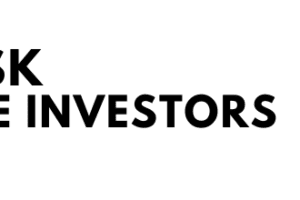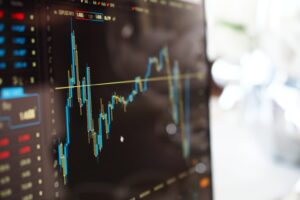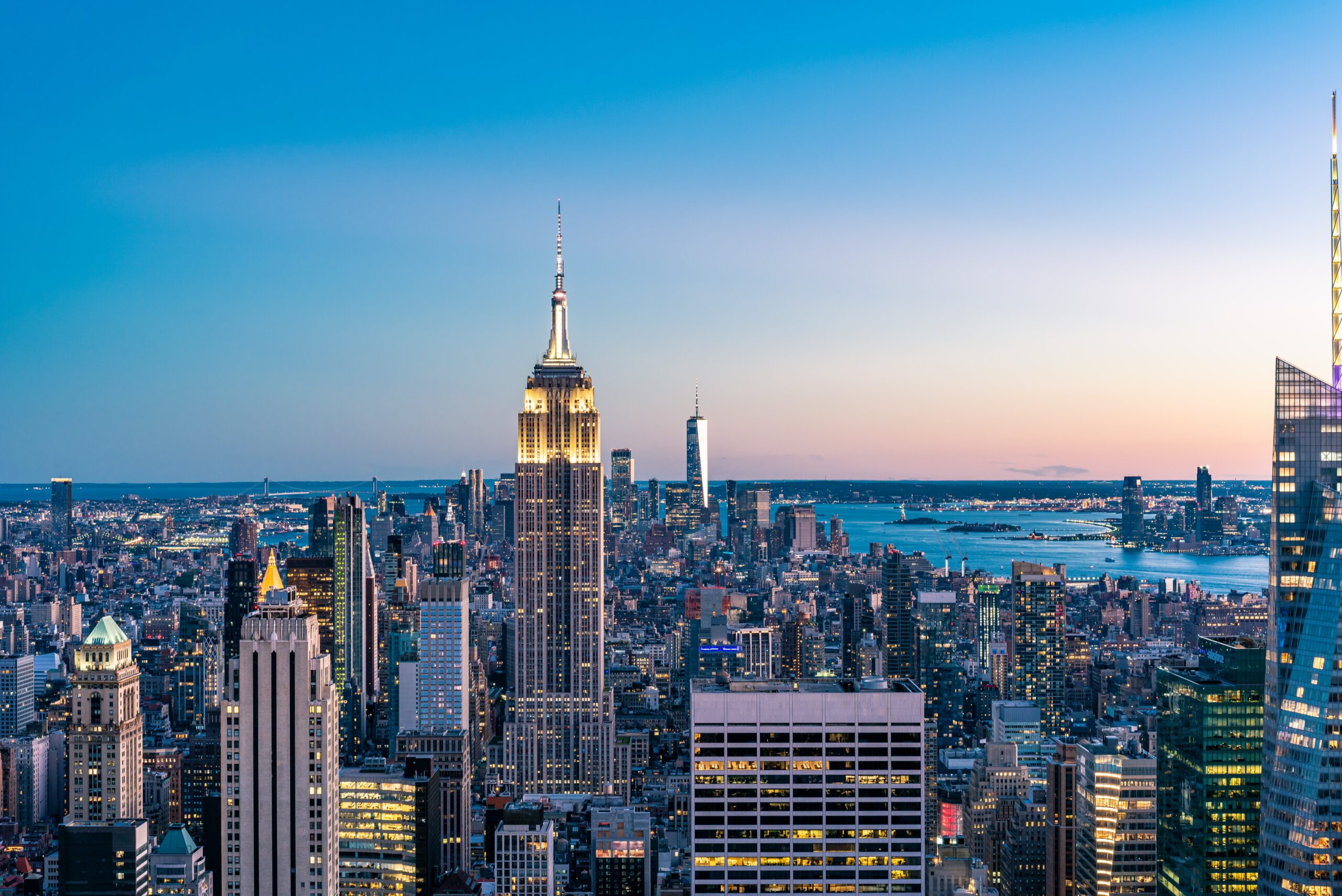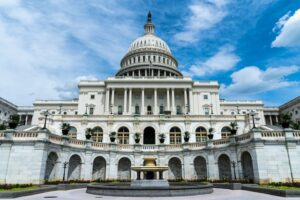AFIRE News

Barings Real Estate reports on the state of gap capital for multifamily in summer 2024, and the opportunities ahead.

American Realty Advisors reports on the state of the multifamily market in summer 2024, and the opportunities ahead.

Bridge Investment Group reports on the state of the logistics market in summer 2024, and the opportunities ahead.
Ethan Penner, CEO of Mosaic Real Estate Investors, joins the AFIRE Podcast with Gunnar Branson to talk about changes needed in the office market.

Principal Asset Management reports on the state of the US data center market in summer 2024, and the opportunities ahead.

Yardi Matrix adds necessary detail to the state of the institutional single-family rental market in summer 2024.

Cerberus Capital Management reports on the state of the institutional single-family rental market in summer 2024.

AFIRE is seeking proposals and article drafts for the next issue Summit Journal, to be released this September. Deadline: July 20, 2024.

As the commercial real estate industry continues to disambiguate post-pandemic uncertainties across all spectra, here are eleven charts to help investors map out the months ahead.

Summit Journal: Issue 15 is AFIRE’s first-ever almanac for the state of commercial real estate markets across all sectors at mid-year 2024.
Mary Ludgin, senior advisor and equity owner for Heitman, joins the AFIRE Podcast with Gunnar Branson to talk CRE and uncertainty in 2024.
Patrick Richard, CEO of Stoneweg US, sits down with the AFIRE Podcast to discuss the current state of ESG in commercial real estate, and why now is the time to lean in to smart sustainability strategy.

While rate hikes and pricing dislocations have frozen CRE liquidity, there is still a significant demand for equity. These conditions create prime vintage for secondary investments.

AFIRE is proud to announce that its publications, podcast, and events have recently been recognized with several top industry awards.

While rate hikes and pricing dislocations have frozen CRE liquidity, there is still a significant demand for equity. These conditions create prime vintage for secondary investments.
Paul Bernard, president and CEO of Affordable Homes & Communities, joins the AFIRE Podcast to talk about new approaches to the growing problem of housing affordability and attainability.

When it comes to market and asset selection, greater availability of property-level operational data and sophisticated tools to measure, analyze, and predict it (including AI) can help address key questions.

Without a framework that considers the causal factors underpinning the current office market dislocation, investors are left sifting through millions of square feet of office space in search of the right property.

General Stan McChrystal (Ret.), CEO and Chairman of the McChrystal Group, sits down with podcast host Gunnar Branson to talk about the state of risk management for global investors.

By blending emerging capabilities such data fluency and AI literacy with distinctly human strengths, creativity, and emotional adeptness, real estate leaders will be positioned to have an outsized impact for the commercial real estate industry.
Media Coverage

Only a few years after many observers were declaring that New York City, San Francisco and other gateway U.S. cities have forever lost their appeal to commercial real estate investors, new sentiment surveys are showing gateway markets are coming back in favor.

The U.S. media continues putting rising interest rates and ongoing inflationary concerns in its headlines. Yet despite all of this, international institutional investors continue to view U.S. commercial real estate as “a preferred destination, relative to Europe, for real estate investment across property types,” according to a recent survey released by the Association of Foreign Investors in Real Estate (AFIRE).

More than 20 properties in the Dallas-Fort Worth area tied to commercial mortgage-backed securities are considered to be financially stressed as property values decline or vacancy rises, reflecting the nationwide fallout from reduced demand.

AFIRE, the association for international real estate investors focused on commercial property in the United States, has released its AFIRE International Investor Survey: Q1 2023 Pulse Report, underwritten by Holland Partner Group.

Allocations among top investors for commercial real estate in the US were up 6% over a year ago, while European investments declined by 5%, according to a survey by AFIRE.

The U.S. remains a preferred global destination for commercial real estate investment with allocations up 6% from 2022, compared to a 5% decline in European investment, according to AFIRE’s International Investor Survey: Q1 2023 Pulse Report.

AFIRE, the association for international real estate investors focused on commercial property in the United States, has released its AFIRE International Investor Survey: Q1 2023 Pulse Report, underwritten by Holland Partner Group.

The US trails the EU on adoption of ESG investment principles, with a consensus that more incentives are needed for momentum.

Real estate company Climate Core Capital and the Harvard Graduate School of Design explored how quickly some of the nation’s most desirable real estate markets would heat up beyond the point of tolerable human living in what they called a “Death Valley Index.”

While the strong dollar makes acquisitions costlier, the U.S. offers a safe haven from geopolitical upheaval.

AFIRE survey shows reuse, redevelopment top of mind as market turbulence looms.

AFIRE released its Summer 2022 International Survey Pulse this past week, which found mounting concerns about US commercial real estate.

Foreign institutional investors are adapting to market headwinds as they grapple with mounting inflation and rising interest rates in the US, according to the latest survey from AFIRE, the association for international real estate investors focused on commercial property here.

Chicago’s tech sector is on the rise, but to keep the momentum going, commercial real estate brokers and investors alike advise investing in places for well-paid tech talent to live.

Rising rates and inflation are making it hard for foreign investors to assign correct valuations to assets. But experts say those are temporary setbacks and cross-border investment will rebound.

On this episode, Gunnar shared his insights on why the U.S. Real Estate Market continues to attract foreign investors.

Senators Joe Manchin (D-WV) and Lisa Murkowski (R-AK) have led bipartisan meetings with lawmakers over the last two weeks to explore potential areas of agreement for a scaled-back energy and climate legislative package before the midterm elections.

Foreign investors in commercial real estate have long preferred to place their money in a small handful of top-tier cities like New York, Chicago and San Francisco.

For thirty years, AFIRE (Association for International Real Estate Investors) has conducted an annual survey to understand the goals, challenges and long-term thinking of international investors in U.S. real estate. Show host Michael Bull interviews AFIRE CEO Gunnar Branson on the results and insights from this year’s survey.

New favorites are emerging as international buyers plan bigger allocations this year.
